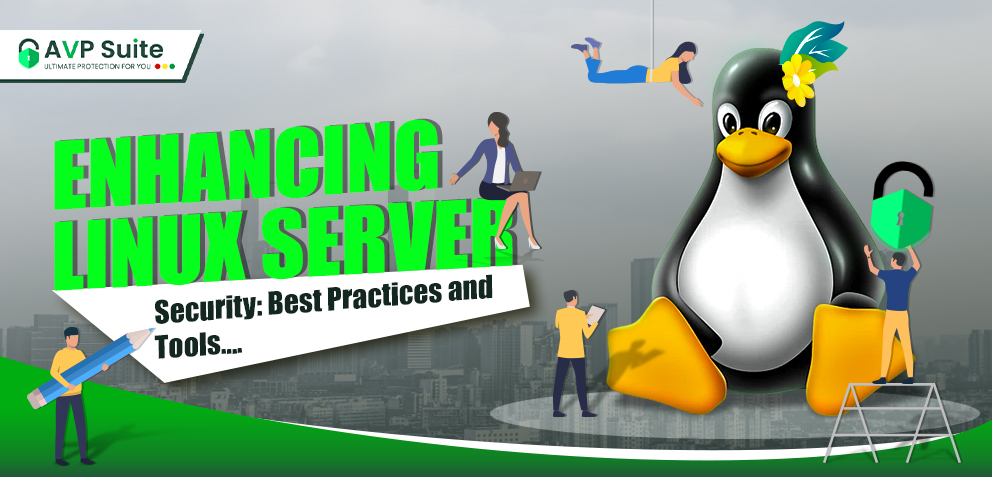Enhancing Linux Server Security: Best Practices and Tools


Securing a Linux server goes beyond the installation of antivirus software. Brute force attacks, application and data-level threats, credential hijacking, and user impersonation are only a few of the myriad threats that one has to deal with today. Culminating all these factors, either in smaller-form web servers or larger enterprise-based frameworks, understanding Linux server security best practices is essential.
Common Security Threats to Linux Servers
Although the Linux server security best practices are considered more secure than other systems, it still faces a myriad of risks. Some of those respecting risks include,
One needs to build a secure server infrastructure from the very start. Awareness is the initial stone in this colossal mountain of a foundation. Following intangible guidelines and practices shapes the structure of a server with great emphasis placed on security.
Stay One Step Ahead of Cybercriminals—Start Dark Web Monitoring with AVP Suite!
Try AVP Suites Free
Best Practices for Securing Linux Servers
SSH is the first step into your server. You can harden it by:
It is also possible to use iptables, ufw, and firewalld as firewalls.
Use group accounts to simplify the management of permission sets at a global level:
Keep the OS and installed software updated using tools like:
Role of Antivirus Software in Server Security
Protocols for protecting server information state that Linux servers need antivirus protection, especially when sharing files or emails sent via Windows terminals. Antivirus tools help detect:
Fortify your Linux systems with AVP Suite Total Security and compare the most popular solutions regarding value, usability, and scalability.
Integrating AVP Suite into Linux Server Environments
One of the most comprehensive solutions is AVP Suite, a Linux-focused security suite. Here’s how:
AVP Suite provides the most comprehensive security for servers:
Monitoring and Maintaining Server Security Over Time
A Linux server’s security is not a one-off task. Continuous oversight is critical.
Most importantly, provide up-to-date training on threats and offensive practices to your system administrators.
With the continuing development of modern attacks, antivirus for Linux server security best practices changes as well. Everything from SSH hardening to firewall creation and antivirus installation increases an organization’s security posture. Features of AVP Suite are specially designed for advanced Linux systems, which is a great asset for modern Linux environments. For thorough research on the rest of the software, please visit our software reviews page. Do you want to increase your server security?
Learn how AVP Suite can shield your vital systems from drastic infrastructure damage before danger attempts to intrude.